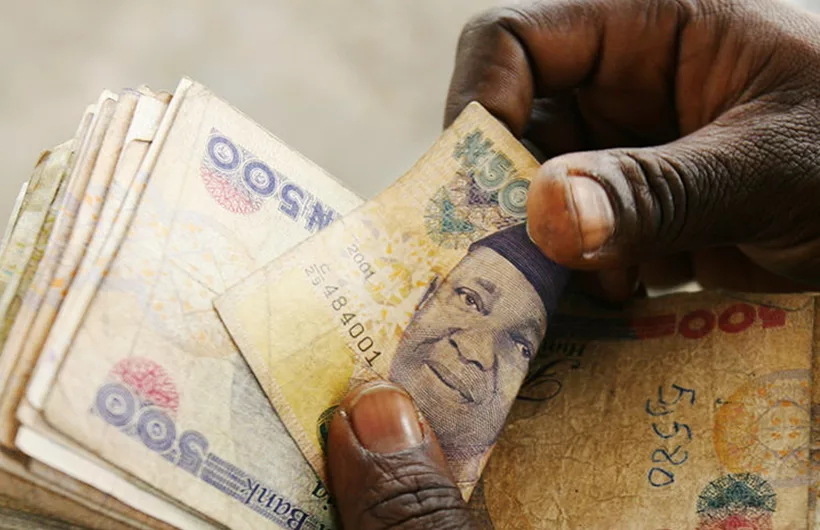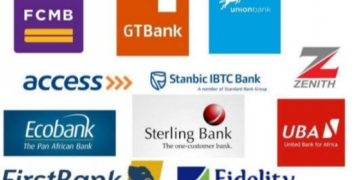The Inclusion for all Initiative, a multifaceted advocacy programme, has suggested that Nigeria’s most vulnerable groups could be adversely affected by the decision to require the exchange of old Naira notes for new notes through an existing bank account.
The Initiative made this known in its new data insights on its open source data visualisation platform.
According to the report, 54.2 per cent of Nigeria’s unbanked poor indicated their preference for saving their money in a safe place at home or carrying it around, indicating that, more than 50 per cent of this segment of the population could lose their savings if they are unable to exchange old notes for new notes.
“The requirement by the CBN for individuals to have full KYC and deposit their old notes in a bank account could adversely impact the under-banked segment of Nigeria’s population who are unlikely to own a bank account or have the requisite documentation for KYC.
“The ability of financially excluded Nigerians to meet the KYC requirements in the timeframe provided and given the barriers to identity ownership will be constrained, and so even if they seek to use the opportunity to enter the formal system, they are likely to face challenges,” the report stressed.
On October 25, 2022, the Central Bank of Nigeria (CBN) announced plans to redesign the N200, N500 and N1,000 notes that took effect from December 15, 2022. While circulation of the newly designed notes began from December 15, both new and existing notes will remain in circulation until January 31, 2023.
Head of the Inclusion for all Initiative, Chinasa Collins-Ogbuo said: “while we commend the Central Bank for its commitment to the digitisation of Nigeria’s financial services sector, we have to design policy to ensure that it is suitable for the most vulnerable parts of society.
“According to the 2020 EFInA Access to Finance (A2F) Survey, there are more than 38 million Nigerians without a bank account, and our research indicates that more than 50 per cent of these people prefer to save in cash.
Unbanked Nigerians face a range of barriers to enter the financial system, from access to identity, a lack of proximity to financial access points and a lack of trust in the system.
“These barriers must be considered and addressed in the naira redesign process if we are to ensure that this process supports financial inclusion, and does not further marginalise already vulnerable communities.”
Speaking on the Inclusion for all podcast on the naira redesign, Associate Dean, Lagos Business School, Professor Yinka David-West, said: “from the supply side, we need to ask, ‘Is this a push or pull initiative?’ I will compare the naira redesign to the NIN registration, which was a push directive. All that is required is linking the NIN to a SIM and BVN to facilitate bank transactions.
“Many Nigerians treasure their phones more than their bank accounts. How can we incorporate seamless banking to fit the lifestyle of Nigerians? Through the naira redesign, the CBN is promoting a cashless system with secure and seamless transactions as a means to facilitate financial inclusion.”
Inclusion for all initiative is an advocacy programme that seeks to deepen knowledge and understand the impact of exclusion on marginalised communities.




